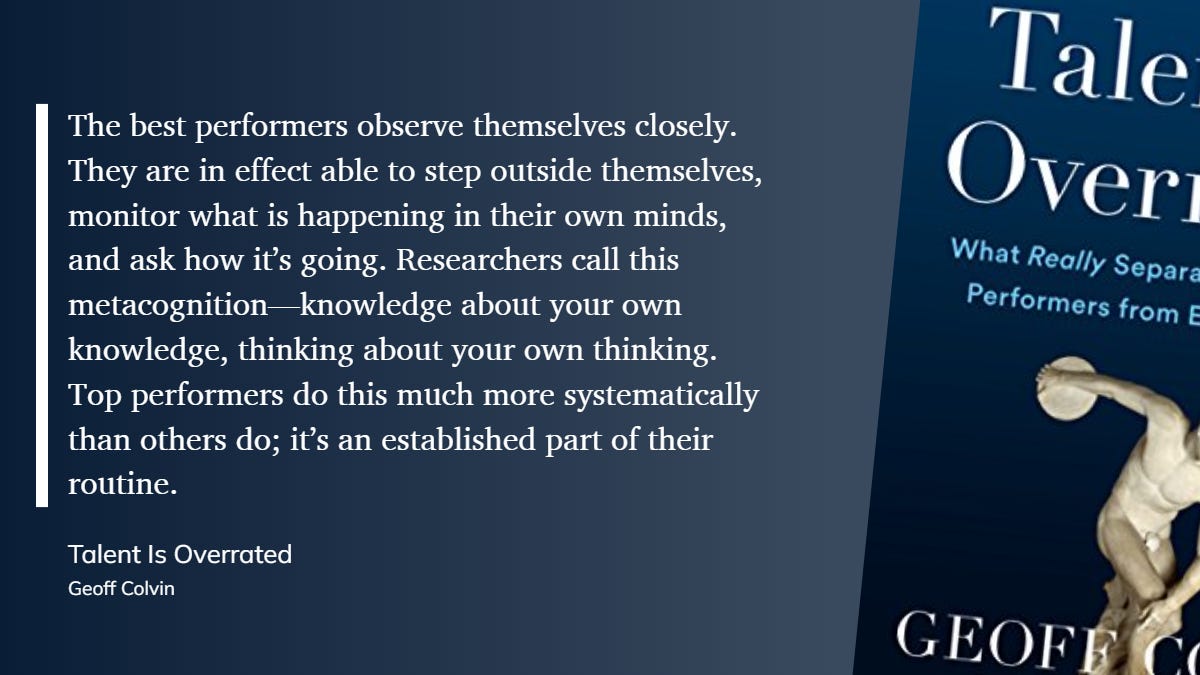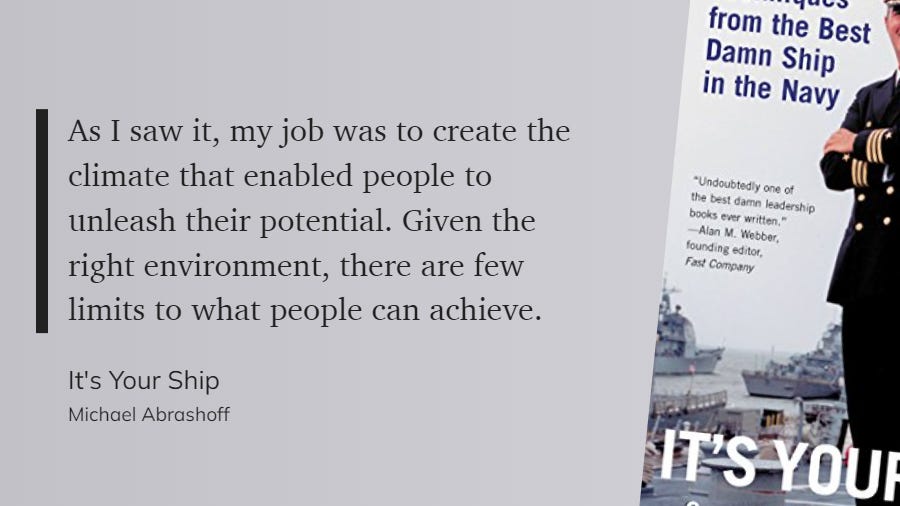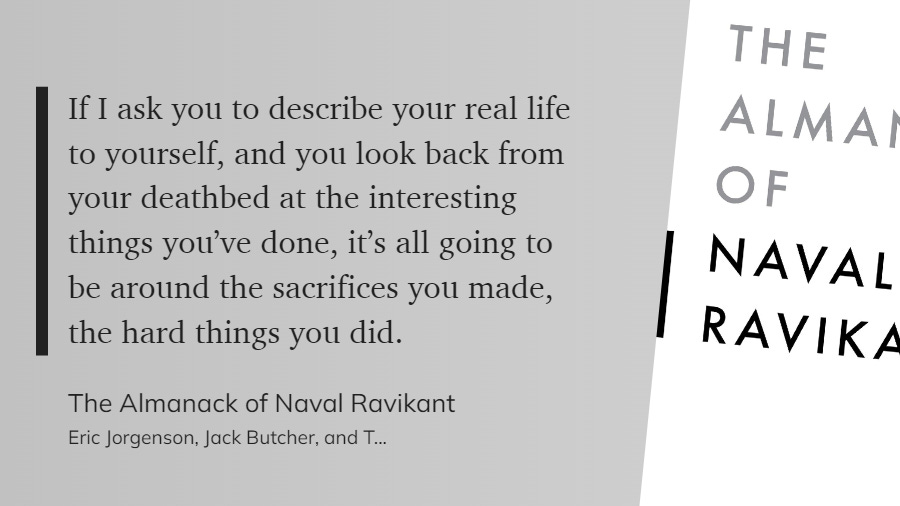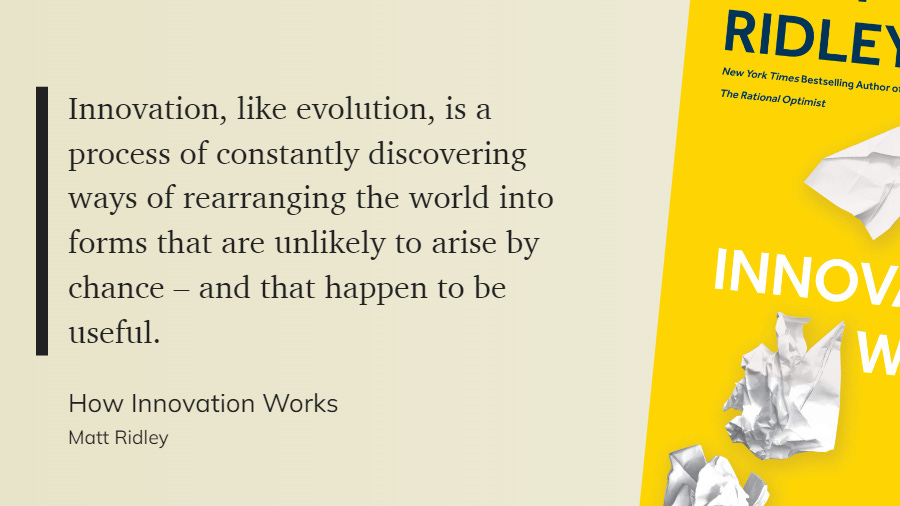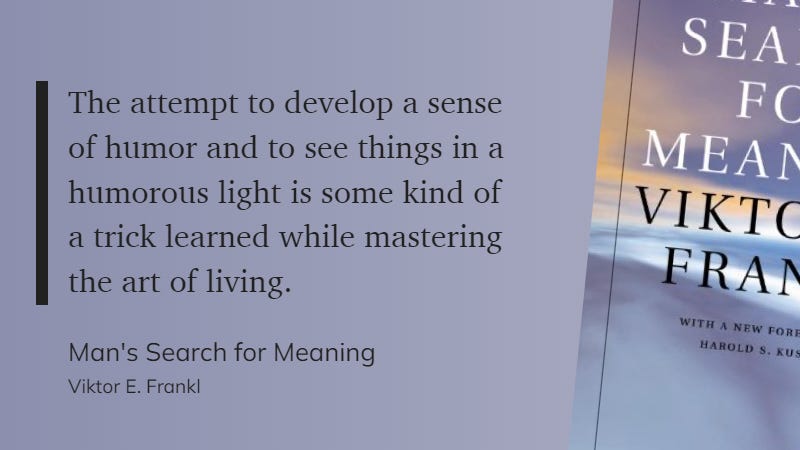Words to Remember
Books Don't Change Lives; Sentences Do
Books don’t change lives; sentences do. Here are some sentences that have stayed with me.
An evolving collection of quotes
Becoming Better
"Success is feeling good about the work you do throughout the long, unheralded journey that may or may not wind up at the launch pad. You can’t view training solely as a stepping stone to something loftier. It’s got to be an end in itself." (Chris Hadfield, An Astronaut's Guide to Life on Earth)
"Empathy, the Greeks believed, was a source of strength, not softness; the more you recognized yourself in others and connected with their distress, the more endurance, wisdom, cunning, and determination you could tap into." (Christopher McDougall, Natural Born Heroes)
"In the afterlife you are judged not against other people, but against yourself. Specifically, you are judged against what you could have been. So the afterworld is much like the present world, but it now includes all the yous that could have been." (David Eagleman, Sum)
"The best performers observe themselves closely. They are in effect able to step outside themselves, monitor what is happening in their own minds, and ask how it’s going. Researchers call this metacognition—knowledge about your own knowledge, thinking about your own thinking. Top performers do this much more systematically than others do; it’s an established part of their routine." (Geoff Colvin, Talent Is Overrated)
Storytelling & Worldviews
"Early human beings the world over wondered at the sources of power that fueled volcanoes, thunderstorms, tidal waves, and earthquakes. They celebrated and venerated the rhythm of the seasons, the procession of heavenly bodies in the night sky, and the daily miracle of the sunrise. They questioned how it might all have started. The collective unconscious of many civilizations has told stories of angry gods; dying and renewing gods; fertility goddesses; deities; demons; and spirits of fire, earth, and water." (Stephen Fry, Mythos)
"I’ve always felt that the greatest and most beautiful stories in the history of humanity were not sung by wandering bards or written by playwrights and novelists, but told by science. The stories of science are far more magnificent, grand, involved, profound, thrilling, strange, terrifying, mysterious, and even emotional, compared to the stories told by literature. Only, these wonderful stories are locked in cold equations that most do not know how to read." (Cixin Liu and Ken Liu, The Three-Body Problem)
"We Notice Different Things. Doug took his four-year-old nephew, Andrew, to watch a homecoming parade. Sitting on his uncle’s shoulders, Andrew shouted with delight as football players, cheerleaders, and the school band rolled by on lavish floats. Afterward Andrew exclaimed, “That was the best truck parade I’ve ever seen!”" (Douglas Stone, Bruce Patton, Sheila Heen, Difficult Conversations)
"We have a tendency to see what we expect, even when it is not there. It often takes a long time for an anomaly to be seen for what it is, something contrary to the established order." (Thomas S. Kuhn, The Structure of Scientific Revolutions)
"Our knowledge of any past event is always incomplete, probably inaccurate, beclouded by ambivalent evidence and biased historians, and perhaps distorted by our own patriotic or religious partisanship. “Most history is guessing, and the rest is prejudice.”" (Will Durant and Ariel Durant, The Lessons of History)
Culture
"As I saw it, my job was to create the climate that enabled people to unleash their potential. Given the right environment, there are few limits to what people can achieve." (Michael Abrashoff, It's Your Ship)
"People get so caught up in the fact that they have limits that they rarely exert the effort required to get close to them." (James Clear, Atomic Habits)
"If I ask you to describe your real life to yourself, and you look back from your deathbed at the interesting things you’ve done, it’s all going to be around the sacrifices you made, the hard things you did." (Eric Jorgenson, Jack Butcher, and Tim Ferriss, The Almanack of Naval Ravikant)
"One misconception about highly successful cultures is that they are happy, lighthearted places. This is mostly not the case. They are energized and engaged, but at their core their members are oriented less around achieving happiness than around solving hard problems together." (Daniel Coyle, The Culture Code)
Innovation
"Innovation, like evolution, is a process of constantly discovering ways of rearranging the world into forms that are unlikely to arise by chance – and that happen to be useful." (Matt Ridley, How Innovation Works)
"The New York Times had ridiculed Goddard for suggesting that a rocket could operate in the vacuum of space or carry payloads to the Moon. “He only seems to lack the knowledge ladled out daily in high schools,” the newspaper wrote. Goddard responded by saying, “Every vision is a joke until the first man accomplishes it; once realized, it becomes commonplace.”" (Robert Kurson, Rocket Men)
"This is the great big question, getting bigger. Since the dawn of humanity, advancing technology has always eliminated some jobs, but it has always created even more jobs, and those new jobs have been, on average, better than the old ones. That’s the foundation of the economic miracle of the past few centuries, with billions of people living dramatically better, healthier, longer lives." (Geoff Colvin, Humans Are Underrated)
"So smug were the bankers and economists that they even allowed themselves to be convinced that the discipline of “sound money” itself would bring everyone to their senses and force an end to the war. On August 30, 1914, barely a month into the fighting, Charles Conant of the New York Times reported that the international banking community was very confident that there would not be the sort of “unlimited issue of paper [money] and its steady depreciation," which had wrought such inflationary havoc in previous wars. "Monetary science is better understood at the present time than in those days," declared the bankers confidently." (Liaquat Ahamed, Lords of Finance)
Life
"Most therapists would agree with Socrates that “the unexamined life is not worth living,” a lesser-known quote by American psychologist Sheldon Kopp might be more important here: “The unlived life is not worth examining.”" (Meg Jay, The Defining Decade)
"The attempt to develop a sense of humor and to see things in a humorous light is some kind of a trick learned while mastering the art of living." (Viktor E. Frankl, Man's Search for Meaning)
"‘Every storm runs out of rain.’ I’d make a sign of that if I were you. Put that on your writing pad. No matter how dull and seemingly unpromising life is right now, it’s going to change. It’s going to be better. But you have to keep working.”" (Alex Banayan, The Third Door)
To Ponder
"Unlike the land, where courage and the simple will to endure can often see a man through, the struggle against the sea is an act of physical combat, and there is no escape. It is a battle against a tireless enemy in which man never actually wins; the most that he can hope for is not to be defeated." (Alfred Lansing, Endurance)
"In other words, people’s search for information is, in itself, information. When and where they search for facts, quotes, jokes, places, persons, things, or help, it turns out, can tell us a lot more about what they really think, really desire, really fear, and really do than anyone might have guessed." (Seth Stephens-Davidowitz, Everybody Lies)
"We call everyone investing money “investors” like they’re basketball players, all playing the same game with the same rules. When you realize how wrong that notion is you see how vital it is to simply identify what game you’re playing." (Morgan Housel, The Psychology of Money)
"The land on which we live has always shaped us. It has shaped the wars, the power, politics, and social development of the peoples that now inhabit nearly every part of the earth." (Tim Marshall, Prisoners of Geography)
"As astounding as a replicator might be, nature has already created one. The “proof of principle” already exists. Nature can take raw materials, such as meat and vegetables, and fabricate a human being in nine months. The miracle of life is nothing but a large nanofactory capable, at the atomic level, of converting one form of matter (e.g., food) into living tissue (a baby)." (Michio Kaku, Physics of the Impossible)





